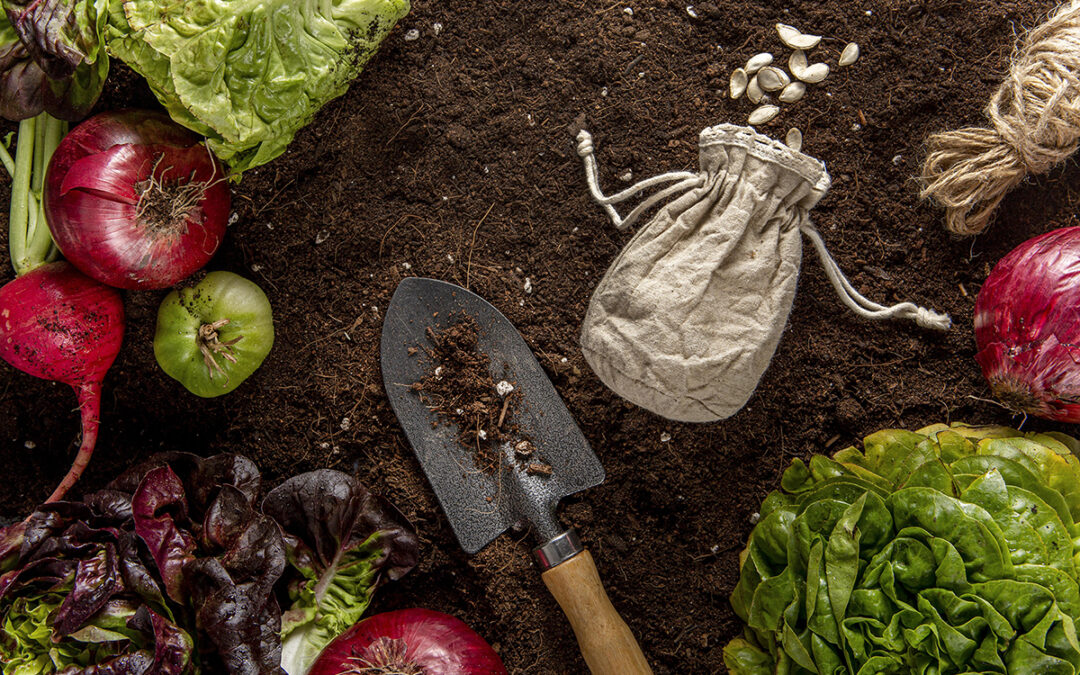Composting and mulching are excellent ways to reduce waste and reinvigorate your garden. Both processes transform discarded materials into valuable resources for soil enrichment. From organic kitchen scraps to certain inorganic items, there are numerous ways to contribute to the environment while maintaining a healthy garden. It’s simple, rewarding, and beneficial for everyone. Here’s how you can get started.
Start with Organic Materials
Organic waste is the powerhouse behind composting. Items like fruit and vegetable scraps, coffee grounds, eggshells, and grass clippings break down over time to create nutrient-rich compost. To begin, set aside a compost bin or pile in your backyard. Add these organic materials in layers, alternating between “greens” (wet, nitrogen-rich items like food scraps) and “browns” (dry, carbon-rich items like dried leaves and cardboard). This balance ensures proper decomposition without unpleasant odors.
Select the Right Inorganic Items
Surprisingly, some inorganic materials can also serve a purpose in your garden. Shredded newspaper, cardboard, and natural fiber fabrics like cotton or wool can be added to your compost as “brown” materials. When broken down, they provide carbon to the mix. However, avoid glossy, plastic-coated, or chemically treated items as they might release toxins. It’s vital to know what’s safe to use and what’s not to ensure your compost remains clean and healthy.
Turn Waste into Mulch and Compost
Not everything belongs in the compost bin, and that’s where mulch comes in. Use shredded branches, bark, or even straw as mulch for your garden beds. Mulch not only helps retain soil moisture but also suppresses weeds and regulates soil temperature. It acts as a protective layer for your plants while slowly breaking down over time to enrich the soil. Plus, it gives your garden a neat, polished look.
Transform Your Garden reducing Waste into Mulch and Compost
Converting waste into compost and mulch is a simple way to minimize your environmental impact. By repurposing both organic and suitable inorganic materials, you reduce landfill contributions and promote sustainable gardening practices. Over time, your efforts will result in healthier soil, thriving plants, and a greener planet. Start small, experiment, and watch your garden flourish while doing your part for the environment.

